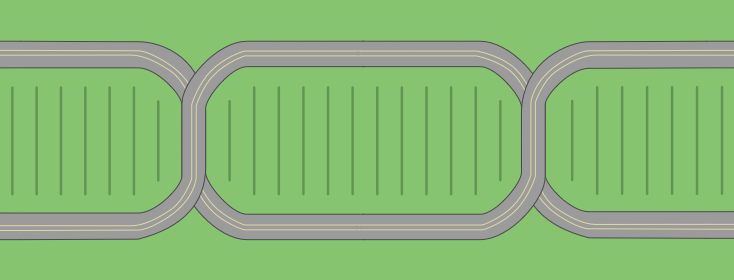Precision Medicine 101
Have you heard of Precision Medicine? If you haven't, you are certainly not alone! But, it is very important for you to know it exists, what it is, and how it can benefit you.
What is precision medicine?
The National Institute of Health (NIH) says this about precision medicine:
Precision medicine is "an emerging approach for disease treatment and prevention that takes into account individual variability in genes, environment, and lifestyle for each person."1
What this means is that doctors can use information about your specific tumor type, environmental, and lifestyle considerations to influence their treatment decisions for you. Precision medicine means that the one-size-fits-all method of treatment currently used will eventually become obsolete and each of us will have our very own plan to fight our cancer.
Exciting, right? So ... how does it work?
Precision medicine begins by doctors collecting a tissue sample from your tumor, a biopsy. This is already done, of course. The biopsy is used by doctors to determine if we have small cell or non-small cell lung cancer; if we have adenocarcinoma or squamous or nonsquamous cell cancer, etc. But, the biopsy can give doctors a whole lot more information if genomic sequencing is done on that tissue.
Tumor testing provides key information
Molecular genetic tests (or gene tests) study single genes or short lengths of DNA to identify variations or mutations that lead to a genetic disorder.2 The testing can be done for just a few mutations or for all known mutations.
At this time, there are treatments associated with only a few known mutations: ROS1, ALK, EGFR, BRAF, PDL-1 gene expression, but far, far more mutations exist. In fact, there are about 400 known lung cancer mutations today. More are being discovered every year.
Should you test for known mutations or get a full panel?
Some doctors prefer to have tumor tissue testing done for only the few mutations for which there are already treatments. The reasons for this include reduction of cost for the procedure and not seeing the sense in testing for mutations for which there are currently no treatments.
However, some doctors think that full panel testing should be done ... and their reasoning makes sense to me. First of all, costs are no longer a huge consideration. The Center for Medicare and Medicaid Services (CMS) has very recently approved the cost for next-generation sequencing for those of us with stage III or IV cancer.
What's the benefit in a full panel?
Secondly, unless a full gene panel is done on everyone's tumors, we won't really know which genes are actually common, will we? Right now, a gene may be considered too rare for pharmaceutical companies to invest any time in developing treatments for it. However, with information from full gene testing on many tumors, they may discover that a gene is far more common than it seems. It may become a worthwhile endeavor to develop a drug to kill that gene.
Furthermore, genes follow a pathway. There may not be a treatment for the first gene on the pathway, but there may be one for a gene further along on the pathway. Treating the tumors for the gene somewhere along the pathway may offer greater chances for success than just using standard-of-care treatments (chemotherapy, radiation, and surgery).
This is a lot to absorb for those of us who are not scientists or scientifically-inclined. I personally don't understand anything except for the big picture of what precision medicine is and what it could mean to me.
The future of cancer treatment
In a few words, I see it as the future of cancer treatment where doctors have far more information than they ever have before to help guide them when making treatment decisions. In the end, I think it means the chances an effective treatment against my specific tumors will be prescribed are far greater than they were just a few years ago. And, the same thing goes for you!
Note to readers: On 4/5/2018, I listened to a webcast by Matt Ellefson, CEO of SURVIVEiT, and Dr. Fred Ashbury that was recorded on March 23, 2018. That Webcast forms the basis for a lot of the information included here. Unfortunately, I can't give you a link to the actual recording because it is embedded in the Facebook page.

Join the conversation